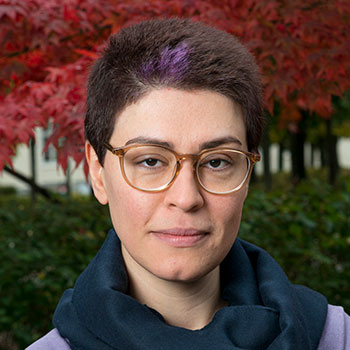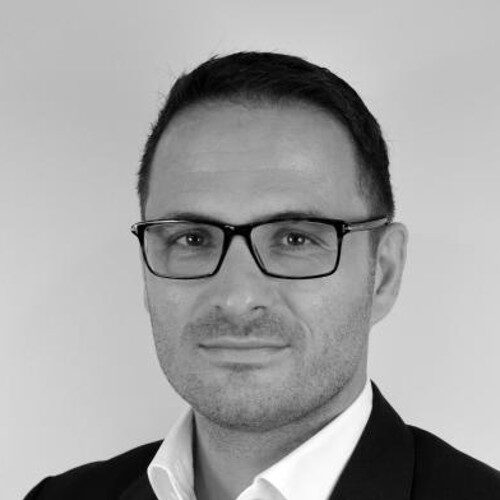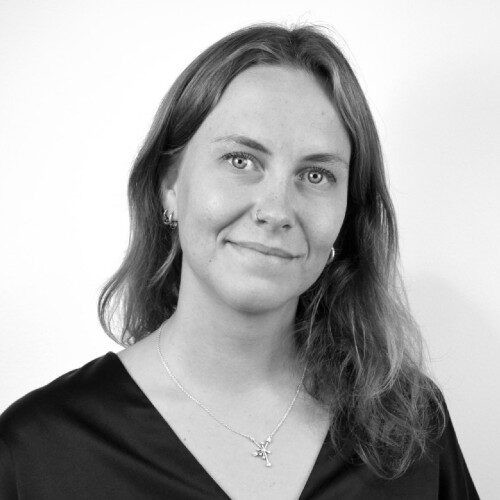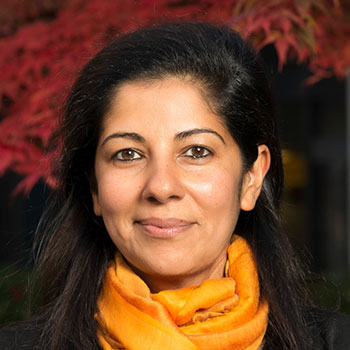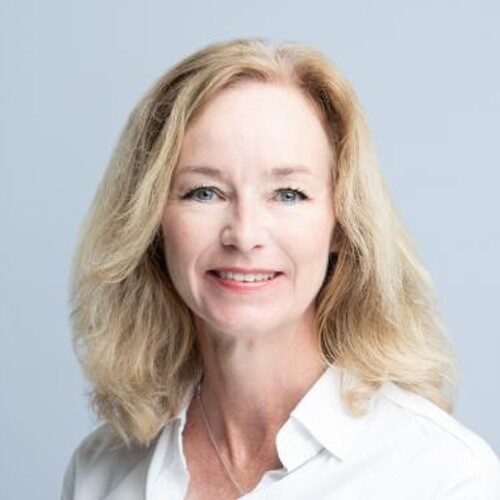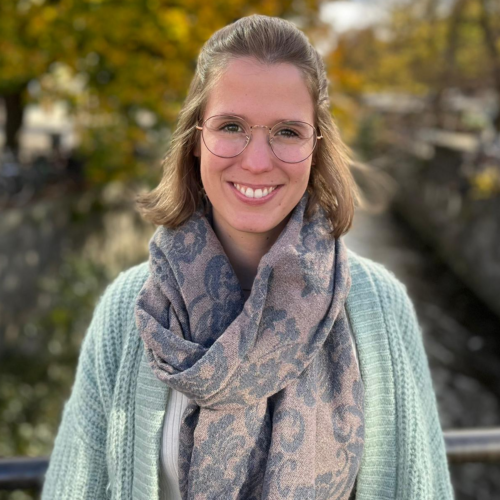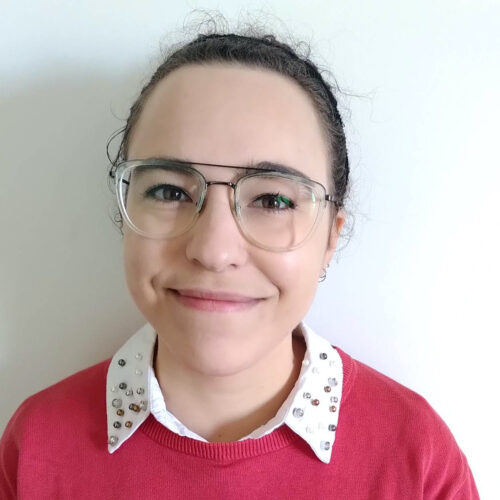Foresight and Emerging Technologies have been identified as one of the central thematic research topics of the Mistra Geopolitics programme. Forecasting tools that identify risks and opportunities for achieving the sustainability development goals (SDGs) in a geopolitically changing world will be developed.
Current technological advances in area such as artificial intelligence, communication technologies, robotics, biotechnology and material science are expected to bring economic, social, and political transformations of an unprecedented scale – for the best but also for the worst. One strand of research aims at helping international organizations and states to make sense and utilize the potential of these technologies to achieve the 2030 Agenda.
Many of today’s most distressing humanitarian emergencies are characterized by abrupt, large-scale displacement of populations within or across international borders. Methods like AI and machine learning will be utilized to develop early warning systems of climate related emergencies and population displacement.
Finally, we will examine how super national (EU), non-state actors anticipate future challenges and humanitarian needs,
and how they are developing capacity to respond to crises.







